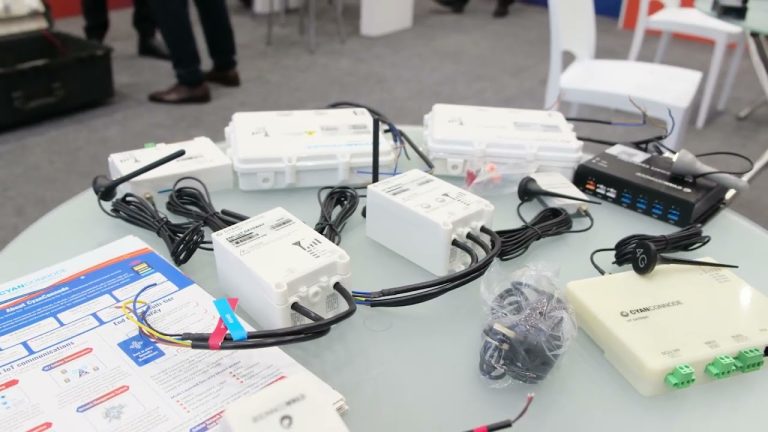The integration of artificial intelligence into India’s energy planning and operations is actively changing how demand and supply are forecast, balanced, and monetised.
AI is increasingly being embedded into grid systems to enable real-time insights. This is particularly valuable in renewables, where variability in generation poses persistent operational challenges. Machine learning algorithms are now being used to predict output from solar and wind assets with greater accuracy, improving both grid stability and market scheduling.
On the consumption side, smart metering is rapidly becoming a cornerstone of India’s digital energy strategy. The country’s smart meter rollout, currently underway through a public-private model, is a foundational move towards decentralised grid intelligence. With the adoption of wireless mesh technologies, particularly those that avoid single-point failures by design, the architecture is being built for a far more responsive, bottom-up grid system.
This is where IoT plays a central role. By enabling communication at the device level across millions of endpoints, the rollout is creating a high-resolution layer of real-time data. That data can then be leveraged by AI models to inform both policy and pricing. Crucially, this also paves the way for dynamic tariffs, more accurate demand response, and localised fault management, all of which reduce systemic friction and operating costs.
CyanConnode Holdings plc (LON:CYAN) is a world leader in the design and development of Narrowband RF mesh networks that enable Omni Internet of Things (IoT) communications.







































